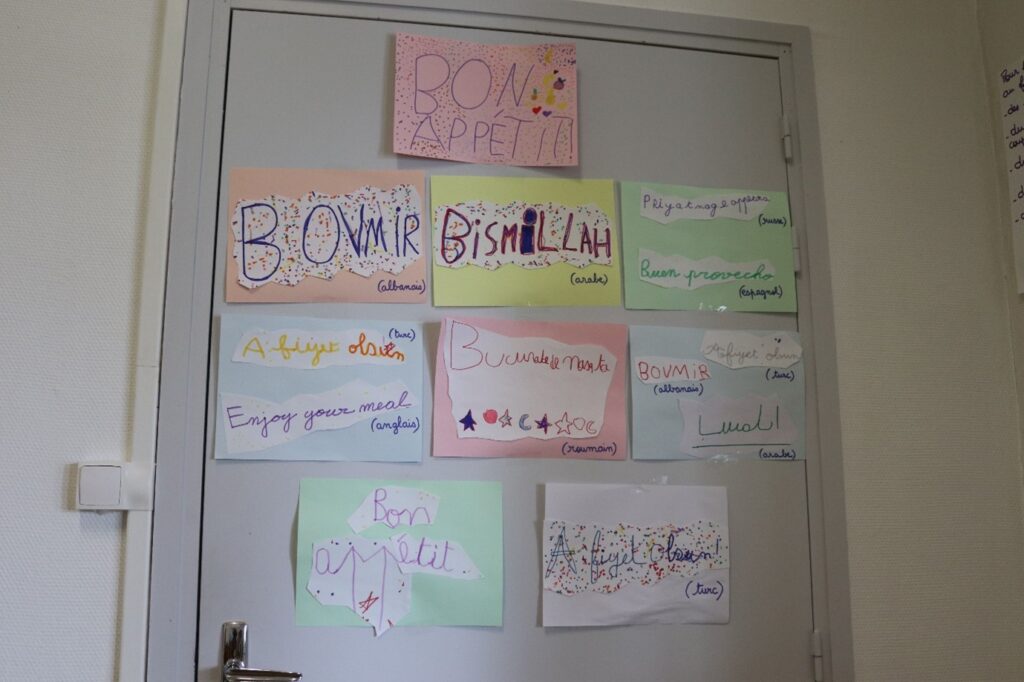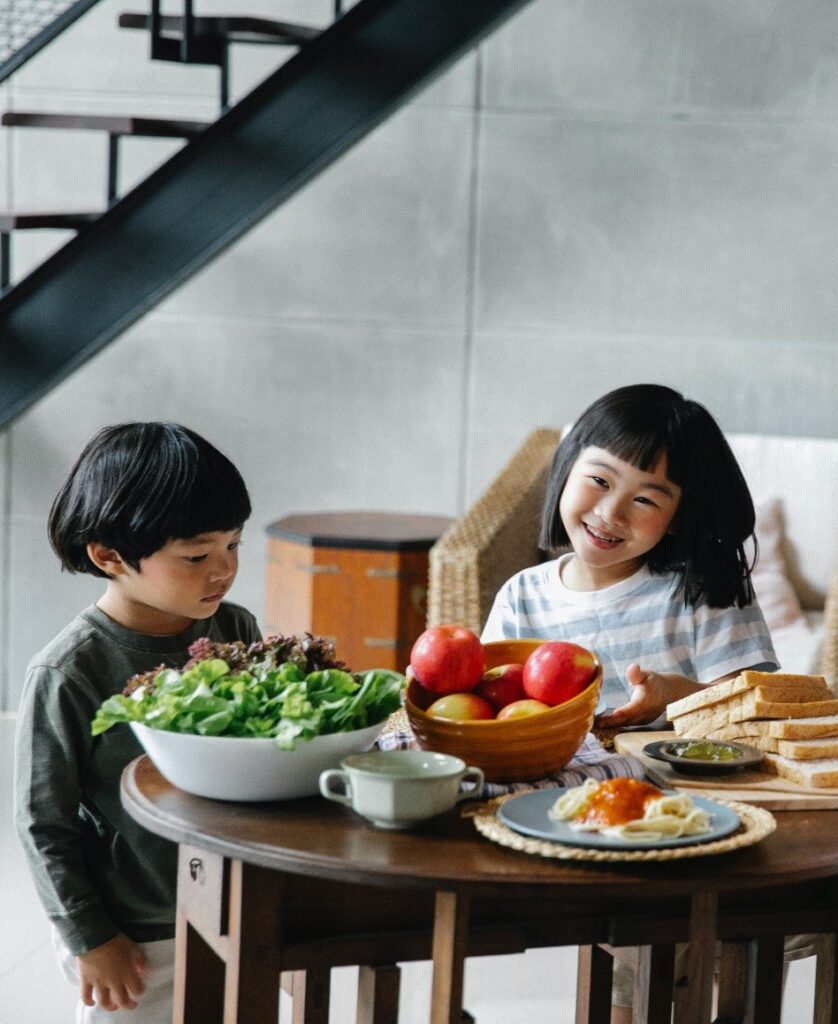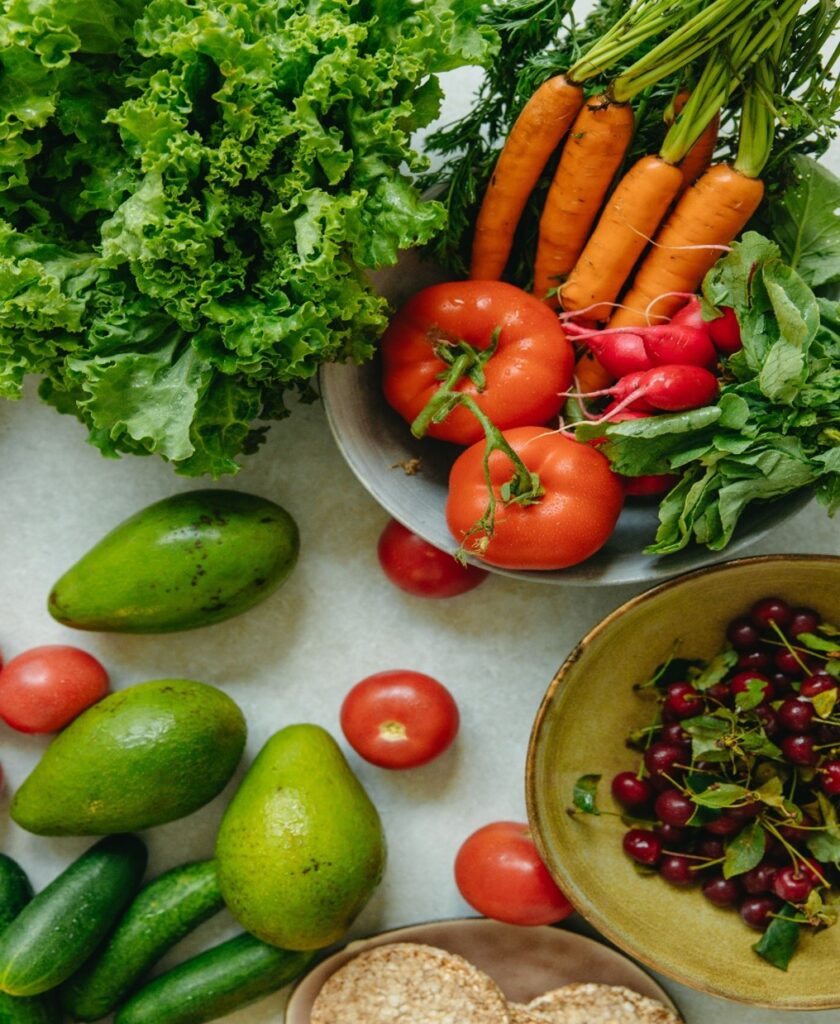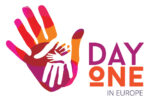Lunch Box
Activity by École Elémentaire Ferdinand Buisson de Bègles with partner organization Territoires Alimentaires. Alimentation expert Yassir Yebba’s exercise in food and its relation to people’s lived experience through his work with children of diverse backgrounds.
Our educational aim through this activity is to encourage children to express their initial ideas about food. We also celebrate children’s mother tongue through a comparison of words for each fruit or vegetable.

What took place:
1) In class:
– A round of introductions. The child describes himself through what he eats at home and at school, what he prefers, what he doesn’t like…
– This helps them to get to know each other, to speak up and to let others speak. It’s about individual expression and exchange.
– In this way, we lay the foundations for life in the classroom and in society. Being an individual within a group. Some children have had a disrupted school career, while others have probably never been to school at all. We give them the opportunity to express themselves about things they know (their food culture), and let others discover them. We arouse their interest and curiosity.
– Duration: 2/3 I do – 1/3 I talk about the workshop
2) At home:
– The child is encouraged to repeat the exchange at home to gather further information that can be shared again in class. This enables the parents to find out what the child is doing in class and to feel involved in the child’s learning.
For migrant children who speak other languages, the workshops were built around two major themes: storytelling and interaction. To encourage and support the former and to stimulate and encourage the latter.
As a researcher in the anthropology of food, my work/interest is broadly concerned with the idea of reintroducing Man into Nature and has therefore invested heavily in the field of Man/Nature interaction. It initially began with my experience in urban policy, where I was able to grasp the extent to which under-exposure to Nature explained many situations of difficulty or failure. The lack of nature syndrome is my starting point.
So, I followed two parallel paths: understanding the links between landscape and storytelling.
These were the two threads I drew on to support the children and the teaching teams.
In concrete terms, I was able to offer various workshops based around food and travel which led to understanding how this could support and encourage children and teachers to observe and produce. In this way, the recipes interacted with the cartography and produced maps.


It was important to have a discussion at the end of the workshop, to see how they felt about what they had done in class. The children were less self-centered and more willing to listen (because it was interesting to see that the same situation was experienced differently by others). This provokes discussions between them.
Yes, we made some changes. We had to regulate the discussions to allow everyone to express themselves freely. For example, the eldest sibling was always rephrasing what his younger brother was saying. Hence, the a need to set up small groups to break down power struggles. The mixed groups enabled us to confront other ways of thinking.
The results were that this was a time for sharing and exchanging knowledge, with words at the heart of the workshop. We can then work on the etymology of the words for vegetables and fruits described by the children. Children can see that French is a composite language, a melting pot of travel. Just because they don’t speak the language perfectly doesn’t mean they can’t understand it by associating it with words in their own language for example: “Tomate” and “Tomato”.


